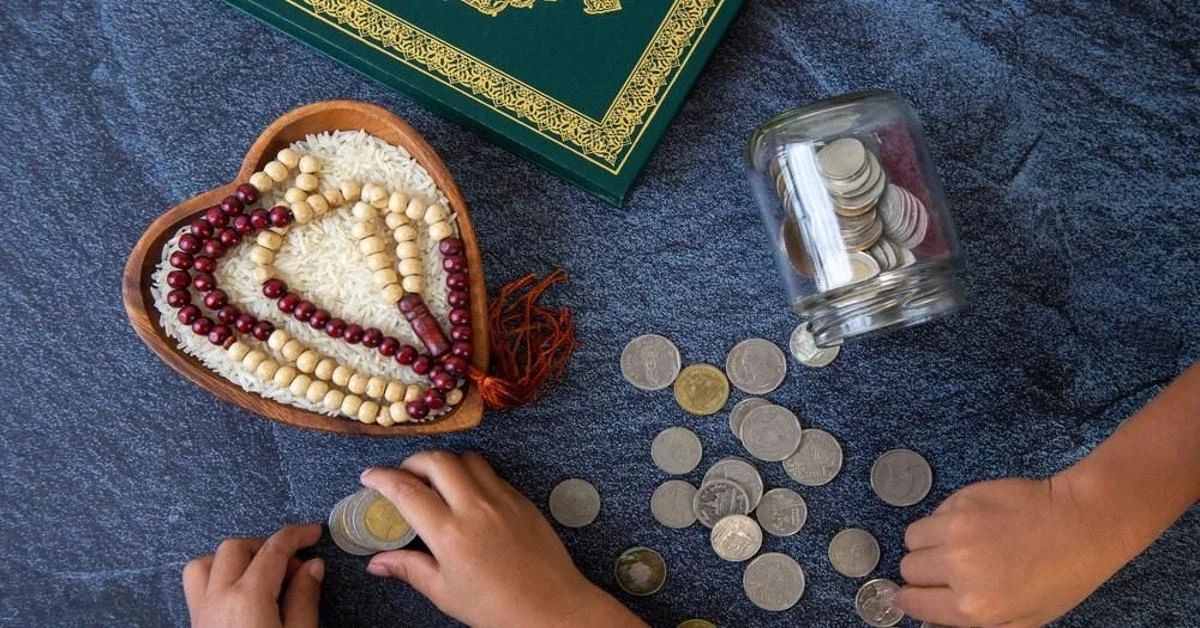News study highlights charitable spirit of US Muslims during Ramadan

A study by Indiana University highlights that 70% of Muslim Americans participate in zakat during Ramadan, observes higher participation among married individuals, those in their 30s
A recent study conducted by the Muslim Philanthropy Initiative research team at Indiana University has revealed significant insights into Muslim Americans’ charitable habits during the holy month of Ramadan.
The survey, which surveyed 1,136 Muslims across the United States, illuminates the strong connection between Ramadan and the practice of zakat, a key Islamic tenet of charitable giving.
Nearly 70% of Muslim Americans consistently fulfill their religious obligation of zakat during Ramadan, the month-long period of fasting and spiritual growth.
Zakat is a central aspect of Islam, one of its five pillars. It requires Muslims to give 2.5% of their wealth each year.
This practice aims to redistribute wealth and alleviate poverty within the Muslim community.
This annual donation has profound implications for the donors and beneficiaries, including the poor, those in debt, stranded travelers and individuals striving to liberate people from slavery or captivity.
The study identifies specific demographic segments within the Muslim community that are more likely to give zakat during Ramadan.
These include women, married couples, highly religious individuals, people with incomes ranging from $50,000 to $75,000, those in their 30s, and registered voters.
The timing and nature of zakat giving during Ramadan present unique opportunities and challenges for nonprofit organizations.
While Muslim-led U.S. nonprofits often focus their fundraising efforts on Ramadan, realizing the significant potential of zakat contributions, non-Muslim-led organizations predominantly target December and secular days like Giving Tuesday for their campaigns.
Consequently, these organizations might miss contributions from a smaller yet generous Muslim population during Ramadan.
There’s a growing recognition of the need for these organizations to understand and tap into the unique giving patterns of Muslims, especially targeting those in their 30s, women, married couples, active voters and regular mosque attendees.
Building on these findings, the researchers plan to partner with Islamic Relief U.S., a prominent Muslim-led humanitarian charity and the Lake Institute on Faith and Giving at Indiana University.
This collaboration aims to conduct annual surveys starting in 2024 to deepen the understanding of Muslim philanthropy in the U.S.
Moreover, the team intends to expand this research globally, conducting surveys and focus groups in several countries and aims to release comprehensive data by the end of 2025.
Source: Newsroom



